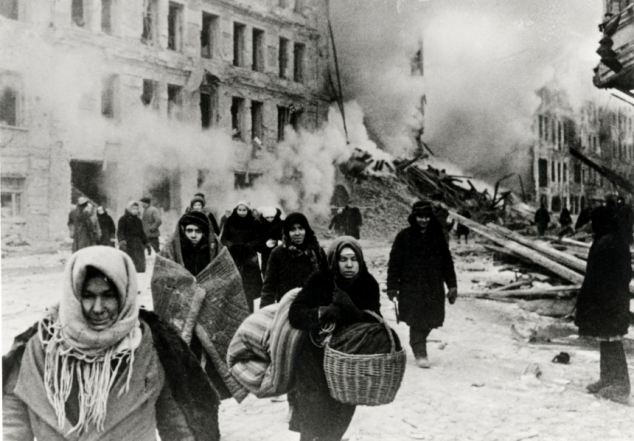This Day In History: January 12
The Siege of Leningrad
January 12, 2017
On this day, Soviet forces ruptured through the German siege of the Russian city Leningrad, which allowed supplies to continue entering the city. The siege (which began on September 8, 1941) saw German forces encircle the city after failed attempts to occupy it. Therefore, Hitler deemed it less costly to strangle the city and starve its people into submission rather than to continue attacking it.
The enemies of the denizens of Leningrad were the freezing temperatures and the everlasting hunger. By the end of September, sources of energy such as coal were depleted, thus keeping heat out of the city. Rations were also dropped to one-third of what an average adult required. Many neighborhood animals, such as cats, dogs, horses, rats, crows, and even Ivan Pavlov’s dogs, were disappearing as they became the main course for most families. As many grew desperate for food, reports of cannibalism began to surface.
In November alone, an estimated 11,000 people died, increasing to 53,000 in December. Altogether, estimates ranged from 700,000 to 1,000,000 deaths in this siege. The causes varied from disease, hunger, ceaseless artillery bombardments from the Germans, and more.
Eventually, Lake Lodoga froze over and allowed supplies to be stealthily brought into the city while sneaking people out at the same time. In January of 1944, a Soviet counter offensive pushed the Germans encirclement away from Leningrad, allowing the citizens to live as they used to.


